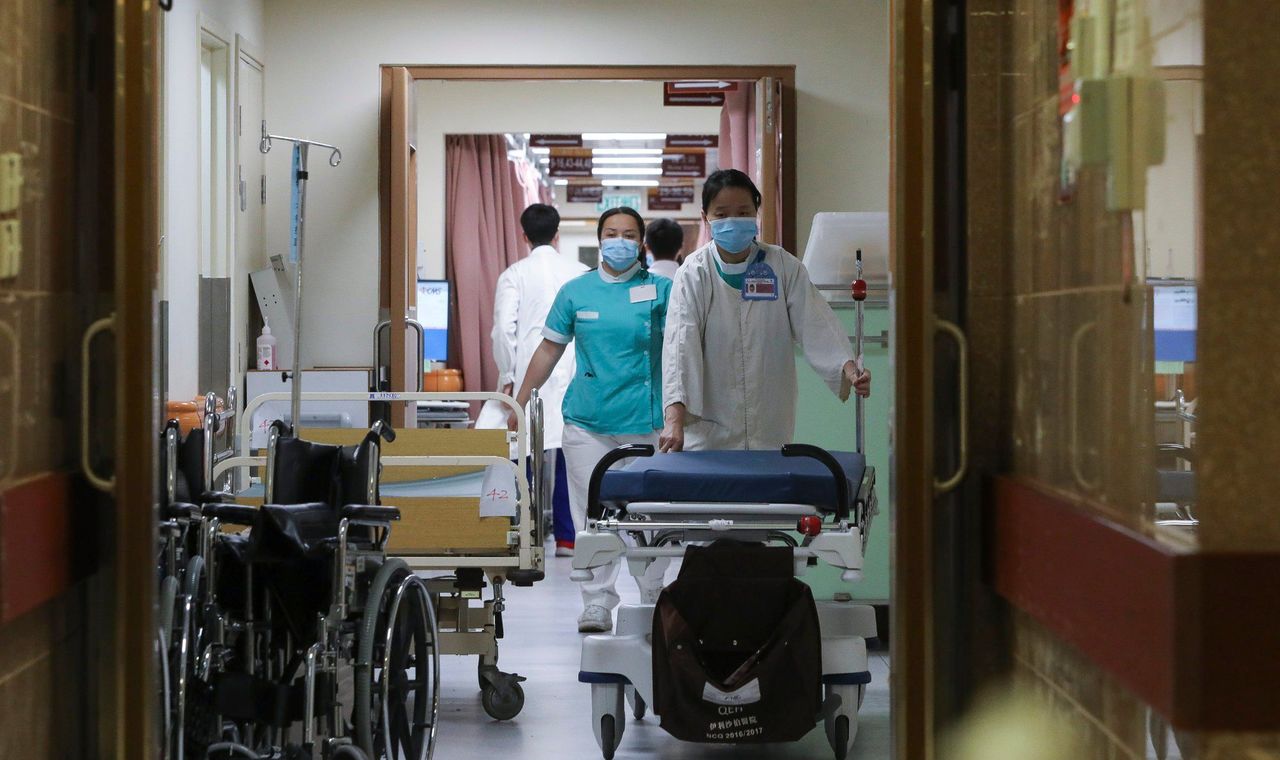Hong Kong News

Hong Kong to drop mandatory Covid tests for public hospital, care home visitors
Visitors to Hong Kong public hospitals and care homes will no longer be required to undergo rapid antigen tests for Covid-19 from Saturday, after the government said it was lifting one of the last remaining mandatory screening requirements.
The government also announced on Wednesday that clinical staff at public hospitals and residents of care homes for the elderly and disabled would no longer be required to take a daily rapid antigen test (RAT).
“The lifting of the RAT requirement in public hospitals and RCHs [residential care homes] is in line with the latest epidemic developments and risk management principles, on a par with the measures for managing other upper respiratory tract illnesses,” a government spokesman said.
The RAT requirement had replaced a 48-hour polymerase chain reaction (PCR) test mandate for visitor entry and staff monitoring in public hospitals and care homes on March 1.
 Medical workers will no longer have to undergo daily RATs.
Medical workers will no longer have to undergo daily RATs.
The government earlier lifted daily testing requirements for school staff and pupils. But arrivals are still required to undergo pre-departure RAT or PCR tests.
Grace Li Fai, an executive council member of the Elderly Services Association of Hong Kong, said the daily RATs had become a gesture rather than an effective measure, as there had not been any outbreaks or a rebound in cases since the border with mainland China fully reopened in February.
“For over a month until now, we haven’t spotted such a trend and there haven’t been any major cases related to care homes. The change is timely,” Li said.
Li, whose association represents care home operators, said RATs would only be used when residents or staff showed symptoms of Covid-19, such as a fever or cough.
Tim Pang Hung-cheong, a patients’ rights advocate at the Society for Community Organisation, said the policy shift would save patients’ families the hassle of completing a RAT test in less than ideal environments, such as hospital corners, before their visits.
However, Pang urged visitors, especially those who were immunocompromised, to still consider wearing masks when entering clinical areas in public hospitals to protect themselves and others from infectious diseases.
Separately, Secretary for Security Chris Tang Ping-keung said Hong Kong still needed the anti-mask law introduced in October 2019 by way of emergency regulations at the height of anti-government protests, as national security threats remained in the city.
Calls have mounted for the government to lift the ban following the removal of the pandemic-related mask mandate earlier this month.
Tang told the Legislative Council that police officers would determine whether a mask-wearing participant at a public gathering had a reasonable excuse depending on the type of face covering, what the person was doing and other circumstances.
“For example, wearing a gas mark is obviously not a reasonable excuse,” he said. “If the person is able to show proof of illness, we will then see whether his action is in line with the declared condition.”
He said the law did not apply to everyday situations outside public gatherings.











